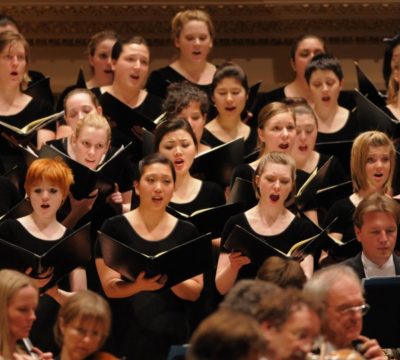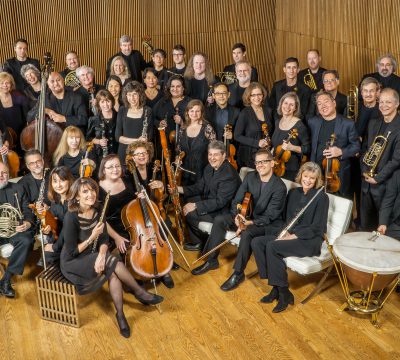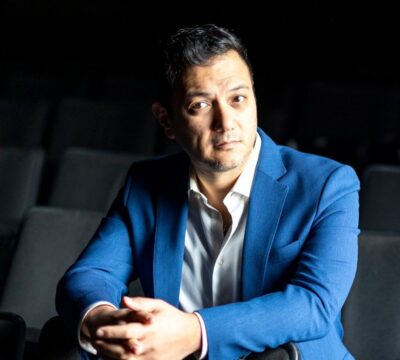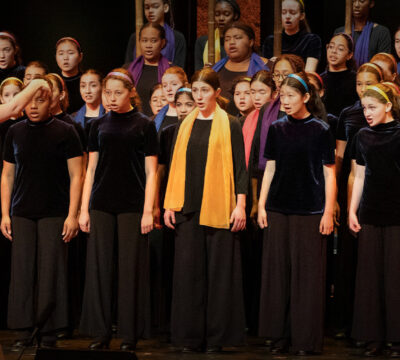
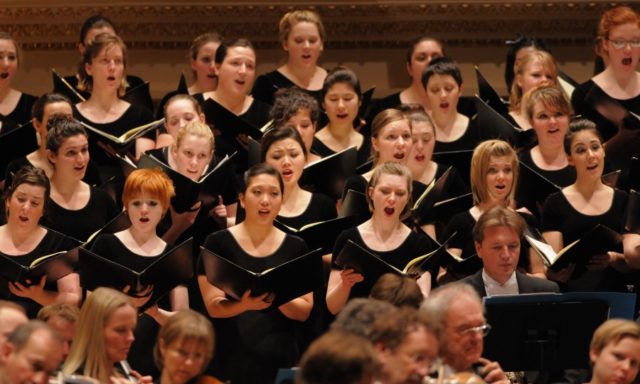
Ticketing Information
Conductor Tito Muñoz makes his Carnegie Hall debut with Orchestra of St. Luke’s leading a thrilling performance of Carmina Burana by Carl Orff featuring Westminster Symphonic Choir and the Young People’s Chorus of New York City. This special performance is part of Carnegie Hall’s city-wide festival, Fall of the Weimar Republic: Dancing on the Precipice.
Orff composed what would become his most famous work after coming upon a collection of 13th-century poems found in the libraries of Bavarian monasteries and rediscovered in the 19th century. The assembled verses, of various authorship and written in languages from Latin to vernacular German, weren’t what one might expect from monastic life, but rather full of irreverent references to love, drinking, and gambling, full of social commentary and criticism of the clergy.
Orff fully embraces this raucous, earthy spirit with primal music that is percussion-heavy and highly rhythmic. While its modal harmonies pay homage to the texts’ medieval roots, the bold, theatrical sound world is singularly Orff, who even originally conceived it as a stage work. Indeed, Carmina Burana’s 1937 premiere at the Frankfurt Opera was a fully choreographed spectacle, though the piece loses none of its infectious excitement in its concert version, the way it’s most frequently heard today.
Contributing to the evocative drama of the work are its myriad solos, sung here by the all-star trio of Ying Fang, Nicholas Phan, and Norman Garrett, who over the course of 24 poems take on the roles of young lovers, a disgraced abbot, and even a sorrowful swan roasting on a spit. Children’s voices embody playful cupids, while robust choruses praise goddesses and lament the fickle nature of fate. With such a mighty crowd of musical forces behind it, this larger-than-life performance is not to be missed.
Program
Carl Orff
Carmina Burana
